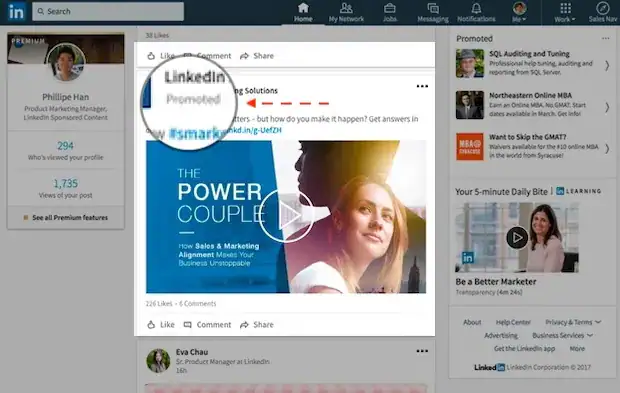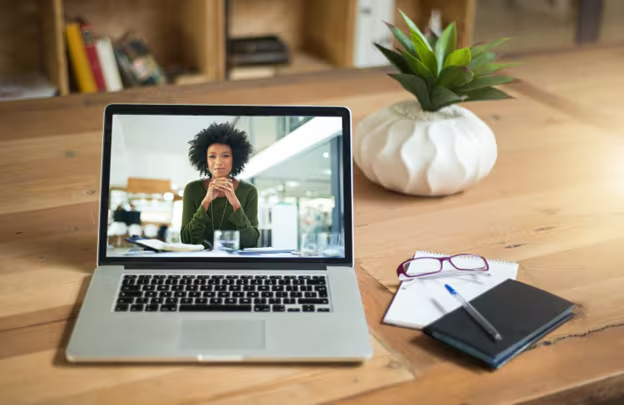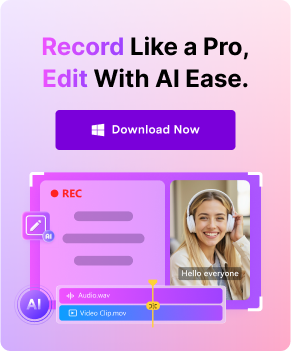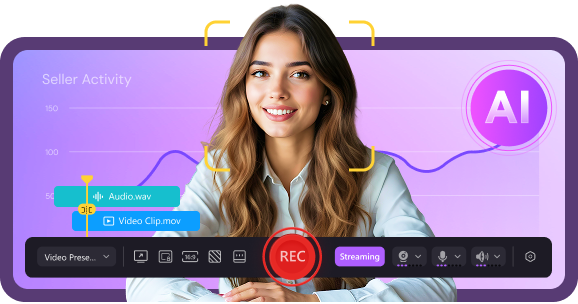Is It Legal to Record Classroom Lectures
Is it legal to record classroom lectures? Well, this is a very tricky question. The thing is, most of the users get confused when it comes to recording lectures. Let us solve this confusion from the beginning. Why do users feel the need to record class lectures? Well, this can be due to many reasons. A student might record a lecture if he has missed it earlier. A student can record the lecture and can fill the gap that has been caused due to the missing of lectures.
Others might record a course to understand it better. Not all the students are the same. The grasping power of people may vary from one individual to another. Hence, if a particular student does not understand the course in the first attempt, he/she might record it for further use and clear the doubts that were not solved in the first attempt. In addition to this, teachers might also feel the need to record a lecture for further use.
Now, coming back to our main question: is it legal to record college lectures? Let us clear your doubts here. Read below to know if is it illegal to record classroom lectures.
Part 1. Is It Illegal to Record Courses
Is it illegal to record class lectures? No! It is perfectly fine to record courses if it has been accepted as accommodation for the disability of the student to offer significant access to the educational experience. However, there are certain rules that you should take into consideration while recording the courses. Here are the rules:
- Students with disabilities who are not able to read or take notes have the right to record courses only for personal study reasons.
- Courses recorded for personal study should not be shared with other individuals without the permission of the educator.
- Information in the recorded courses is protected below copyright laws and should not be quoted or published without the permission of the educator and without providing appropriate credit and identity to the educator.
Apart from the abovementioned laws, here are some points that should be taken into consideration:
Check if the courses take self-disclosure from students
Most of the time, teachers object to the usage of a recording gadget in classes that comprise a huge deal of self-disclosure as part of the class from students. This is done in the fear that the employment of a recording gadget will obstruct students from freely sharing. The employment of a recording gadget is to substitute the note-taking capability of the student. If these open discussions are not the correct subject for any learner to be taking notes, it might be okay to make a general announcement to the class to ask that any students who are employing a recording gadget turn it off.
Check if the teacher has the right to privacy/protect copyright
If a teacher objects to the employment of a recording gadget, it is usually because there is a concern about a copyright breach or because they maintain that their right to keep the information discussed privately in the classroom is being breached. The teacher’s concern over copyright or right to privacy does not dominate the right to accommodation of students. It is the duty of the ARS (Accessibility Resources & Service) to check that the teacher’s protection of copyright or concern for privacy is addressed and respected while still making sure the student’s accessibility of accommodation. In some cases, teachers are guaranteed about this via the adoption of a contract between the teacher and student that tells the specifically restricted employment of the recordings and arranges for their usage when the recording purpose has been fulfilled. ARS can help with the oversight and completion of such a deal.
How the audio-recording takes place
ARS makes computer applications and smartphones accessible to students for audio-recordings purposes in lectures. This can be done remotely or face to face. Usually, students for whom this privilege is provided are those who have problems making clear written notes and attending to the lecture content at the same time; the audio recording lets the student overcome these issues after the course or clarify the doubts in their written notes.
What are the responsibilities of students here?
Students should agree to the statement to be accepted for recording classes, courses, or lectures. The statement must clearly state that the recording is done for personal use ONLY. It should state that the courses are shown as intellectual property of the teacher. Furthermore, the statement must also state that the recordings will not be shared in the future via any means such as not uploading them to file-sharing platforms, giving the recordings to others, offering them to journalists, posting them on the web, or sharing them in any other way. In addition to this, the declaration must also claim that failing to adhere to the agreement could harm the student’s grade and lead to other consequences.
Exceptions to the rule
The simplest way to deal with laws about recordings is to make them public and not keep them a secret. If you would like to record a teacher’s lecture, you can ask for consent. Most teachers allow recording, and some record lectures themselves and make the audio or video available. If you are being more secret with your recordings, the law gets a little difficult, and whether the recording is lawful might rely on where you live. Some states are a two-party consent state and courts do not apply the recording law made at a party's place of business. Hence, even secret recordings of classroom lectures without the consent of the teacher are found to not be illegal.
 Secure Download
Secure Download Secure Download
Secure DownloadPart 2. How to Record Classroom Lectures with Audios
Now that you are aware that recording a lecture is legal or not, let us look at how to record these lectures. Wondershare DemoCreator is software that can be used to record lectures and courses. The tool has advanced features that will allow you to record lectures. DemoCreator is an easy-to-use screen recording tool that can help you with your recording needs without having any know-how in programming. Anybody can use this tool easily. Below are the steps that will show you how to record lectures.
Step 1: Open the app and tap on the "New Recording" option to adjust your recording factors.

Step 2: Since you are recording a lecture, you need the webcam. From the Camera section, users can select their cameras and the resolution they need to record at.
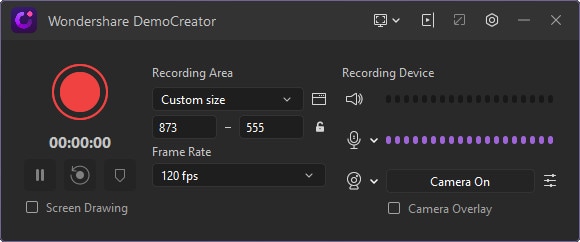
Step 3: After adjusting all the parameters, you can tap the Capture option to begin capturing the lectures.

Step 4: When you are done capturing, you can save them to your PC or export your videos to the Video Editor.
 Secure Download
Secure Download Secure Download
Secure DownloadIn addition to this, once you have done capturing the lectures, you can add notes, effects, callouts, and zoom. This will make the recordings more detailed and elaborate. As soon as you have edited the recording by using these features, you can post them as video, Flash-based demos, or LMS compatible formats.
You can control your recording process in real-time anytime with a control panel and hotkeys such as Countdown, Pause, Redo, and Stop. You can also show your essential actions such as record the activities on screen with audio and auto-text. With the help of engaging animation content on their recordings, you can add callouts or notes with text in their captured videos. You can also add a class logo or trademark for branding purposes.
If you need to record only a particular area on the screen and eliminate the rest, there are methods. You can customize based on the size, screen size, and the app itself. You can take a screenshot while the recording is happening; you can also select to take the entire motion recording. You can also edit a recording and have different project integration. If you need to record a lecture using a microphone, you can do it with this tool. Moreover, you can edit the end video with a built-in editor.
Conclusion
In simple words, we just had a look at is it legal to record college lectures. You need to follow certain rules to record a lecture. Once you do that, you are free to record them. And Wondershare DemoCreator is the perfect tool to do that.


